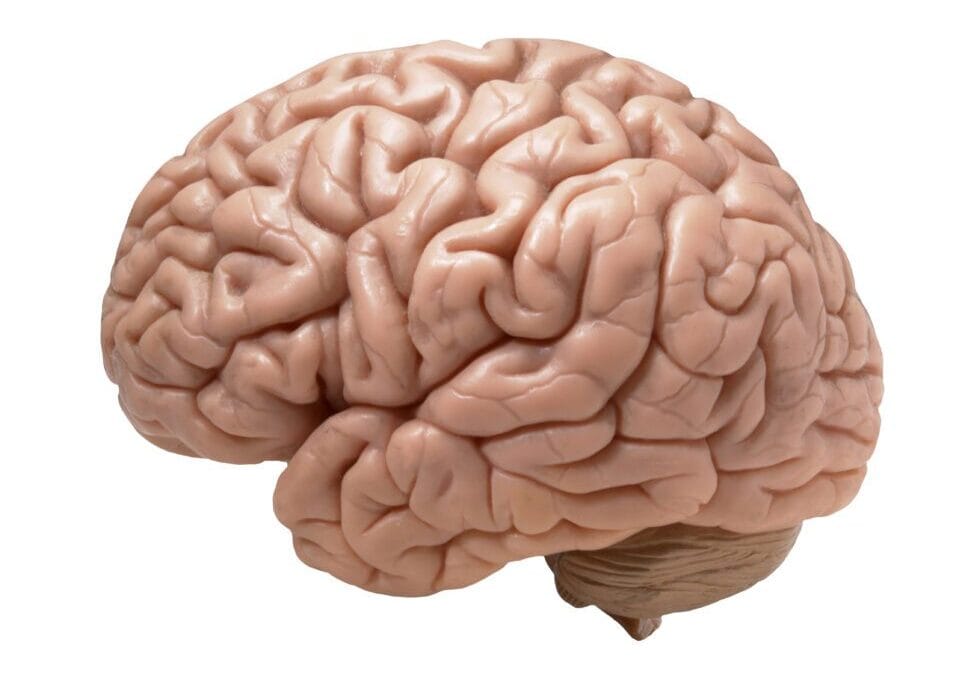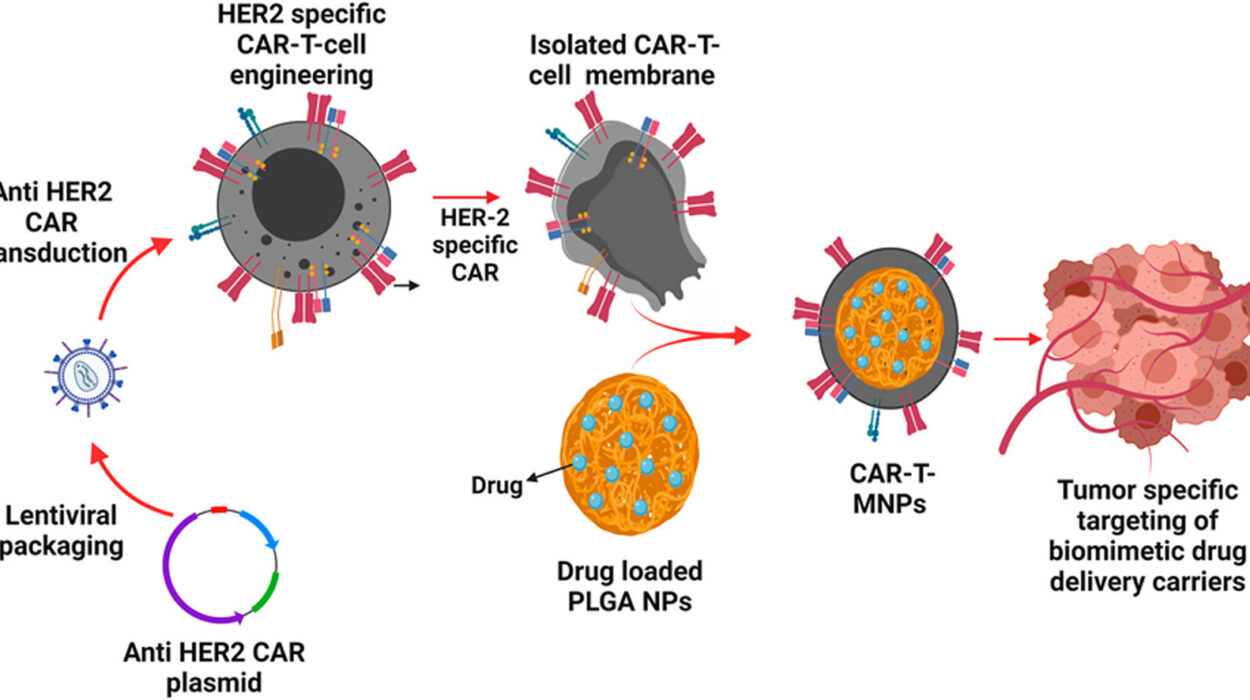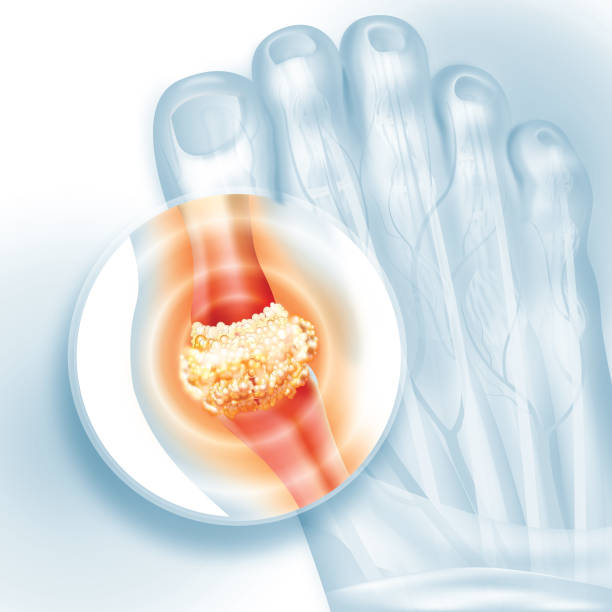As night falls and the world quiets, our brains begin a shift of their own—a nightly ritual of repair, memory consolidation, and internal housekeeping. But what happens when sleep itself falters? Could the depth and quality of our sleep determine how well our brains age?
A compelling new study published in the Journal of Clinical Sleep Medicine suggests just that. In one of the most detailed investigations to date, researchers have found that spending less time in deep sleep and REM sleep is linked to brain shrinkage in regions vulnerable to Alzheimer’s disease. These findings illuminate the quiet but critical role that quality sleep plays in preserving brain structure—and raise new hopes that improving sleep may help delay or prevent cognitive decline.
Tracing Alzheimer’s in the Shadows of Sleep
Alzheimer’s disease is the slow thief of memory. Affecting more than 6 million Americans, it is a progressive neurodegenerative condition that causes the brain to atrophy over time. Long before the first signs of forgetfulness or confusion emerge, the disease begins to erode key regions of the brain, including the hippocampus and parts of the parietal lobe—areas essential for memory and thinking.
But the question that haunts researchers is: Why does this atrophy happen—and can it be prevented? While genetics and aging play undeniable roles, growing evidence points to a powerful modifiable factor hiding in plain sight: sleep.
“We know that poor sleep is common in older adults and is linked to cognitive decline,” said Dr. Gawon Cho, lead author of the study and postdoctoral associate at Yale School of Medicine. “But we wanted to understand how sleep architecture—specifically deep and REM sleep—relates to long-term brain health.”
Her motivation was deeply personal. “Three of my grandparents had dementia,” Cho shared. “That’s what led me to Alzheimer’s research—and specifically to this study.”
A Window Into the Sleeping Brain
To explore the connection between sleep quality and brain structure, the research team turned to the Atherosclerosis Risk in Communities (ARIC) Study, a long-term U.S. research project that has followed the health of thousands of adults since the 1980s.
Between 1996 and 1998, a group of 270 participants in the ARIC study underwent polysomnography, an overnight sleep test performed in the comfort of their own homes. This sophisticated technique records brain waves, heart rate, breathing, and muscle movements, allowing scientists to determine how much time someone spends in different sleep stages—particularly slow wave sleep (deep sleep) and REM sleep, the dream-rich phase tied to memory and emotion.
Over a decade later, between 2011 and 2013, these same individuals underwent MRI brain scans to measure the volume of specific brain areas known to shrink in Alzheimer’s disease. The researchers focused on regions such as the inferior parietal lobe, cuneus, precuneus, hippocampus, and entorhinal cortex—all parts of the brain that tend to deteriorate long before dementia symptoms begin.
Crucially, the participants included in the final analysis showed no signs of stroke or dementia at the time of their original sleep recordings. This allowed the researchers to ask a powerful question: Could sleep quality predict brain changes years before cognitive symptoms arise?
The Patterns Hidden in Sleep
What the team discovered was both striking and sobering.
Participants who spent less time in slow wave sleep and REM sleep tended to have smaller volumes in the inferior parietal lobe, cuneus, and precuneus—regions involved in attention, memory, and spatial awareness. These findings remained statistically significant even after adjusting for other factors that affect brain health, such as age, education, alcohol use, smoking, and genetic risk for Alzheimer’s.
Of all the brain regions analyzed, the inferior parietal lobe showed the strongest association with sleep. This area helps the brain synthesize sensory input and plays a role in spatial reasoning—functions that often deteriorate early in Alzheimer’s disease.
Perhaps most notably, the link between poor sleep and brain atrophy was specific to deep and REM sleep, rather than total sleep time. In other words, it’s not just how long you sleep, but how well you sleep that matters.
“Slow wave and REM sleep are critical stages of the sleep cycle,” Cho explained. “They’re when the brain does much of its memory consolidation and maintenance work. If those stages are disrupted, it may accelerate structural changes.”
Sleep’s Secret Role in Brain Maintenance
Why would poor sleep affect brain volume? The answer may lie in the brain’s self-cleaning system, which is particularly active during deep sleep.
During slow wave sleep, the brain increases the flow of cerebrospinal fluid, which helps flush out metabolic waste, including amyloid-beta—the sticky protein that builds up in the brains of people with Alzheimer’s. REM sleep, meanwhile, is thought to play a role in reorganizing memories, regulating emotions, and reinforcing important neural connections.
If these processes are impaired, toxins may accumulate, connections may weaken, and brain cells may begin to deteriorate. Over years, this could contribute to the slow shrinkage observed in vulnerable regions.
The study did not find a connection between sleep quality and cerebral microbleeds, tiny spots of bleeding in the brain linked to vascular damage. This suggests that the relationship between sleep and brain volume may be independent of vascular health, highlighting sleep itself as a direct contributor to brain aging.
The Genetic Puzzle—and a Missing Piece
Because certain genes, like APOE4, increase the risk of Alzheimer’s, the team also asked whether genetics might change how sleep affects the brain. Interestingly, they found no significant differences based on APOE4 status—a surprise given earlier studies suggesting that APOE4 carriers may be more vulnerable to the effects of poor sleep.
However, the researchers noted a limitation: the study sample consisted entirely of white participants, a group that tends to show different patterns of sleep and genetic risk than more diverse populations. Future studies will be needed to explore how race, ethnicity, and genetic background might interact with sleep and brain health.
Causation or Correlation?
Because the study was observational, it cannot prove that poor sleep causes brain shrinkage—only that the two are linked. It’s possible that people with early, undetected brain changes sleep less deeply. However, the researchers argue that the direction of effect likely flows from sleep to brain structure, rather than the reverse.
“There is growing evidence from both human and animal studies that poor sleep contributes to atrophy, particularly in regions like the parietal lobe,” said Cho.
Indeed, experimental studies have shown that sleep deprivation can reduce blood flow and activity in the parietal cortex. Over time, chronic poor sleep may cause lasting structural damage.
A Wake-Up Call for Brain Health
While the study has limitations—such as its relatively small size and lack of diversity—it also has notable strengths. It used objective sleep measurements, included high-resolution brain imaging, and followed participants for over a decade, providing rare insight into how early-life habits affect late-life brain structure.
More importantly, it suggests that sleep quality is a modifiable risk factor—something we may be able to improve to protect our brains as we age.
“Sleep is one of the few things we can actually change,” Cho said. “Unlike genes, sleep habits can be improved with therapy, lifestyle changes, and, in some cases, medication.”
Dreaming of a Future Without Dementia
As the population ages and Alzheimer’s cases rise, understanding the factors that influence brain aging has never been more urgent. This study adds to the growing body of evidence suggesting that how we sleep today may shape how we think tomorrow.
Deep sleep and REM sleep are not just luxuries. They are essential brain maintenance, the unseen hours when memory is repaired, waste is cleared, and the scaffolding of self is silently strengthened.
The implications are powerful: If we can learn to protect these vital stages of sleep, we may be able to delay or even prevent the early brain changes that lead to dementia.
And in a world where Alzheimer’s still has no cure, that’s a dream worth chasing.






